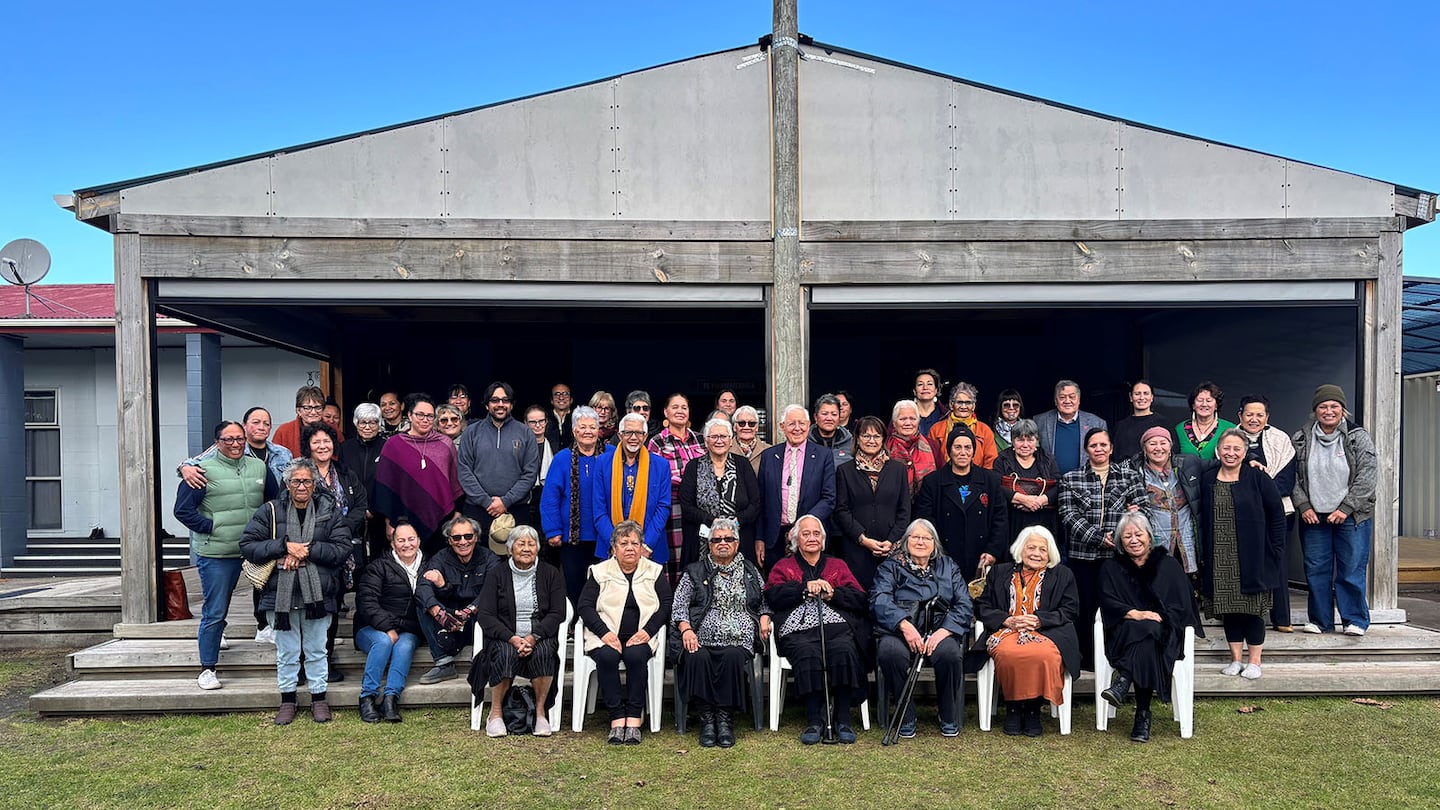Too many rural whānau are caring for loved ones with mate wareware in silence.
The Centre for Brain Research at Waipapa Taumata Rau is working to change that, with a simple mission: to reach and support the whānau who have been overlooked.
The answer? Marae-based research clinics.
Dr Makarena Dudley, Deputy Director Māori at the centre, and world-renowned brain scientist Professor Sir Richard Faull have been travelling the country, bringing mate wareware/dementia education to Māori communities, especially in areas where healthcare is hard to access.
On a recent visit to Te Ao Hou Marae in Whanganui, it was clear that tikanga Māori is a major focal point for whānau caring for loved ones with this debilitating disease.
Dr Dudley says many whānau are caring for loved ones with dementia, often without access to the resources or services they need.
“There is a dire lack of services available to Māori that are friendly to Māori, that are meaningful to Māori, particularly our whānau living in the more remote rural areas of our country.”
In 2024, the CBR partnered with Roma Marae in Ahipara to establish a mate wareware clinic. The program was then expanded to include Ōmanaia Marae in the Hokianga, with support from Te Hauora o Ngāpuhi.
Dudley says in many cases, this care is happening in isolation, with little outside help.
“There is very little available to them in terms of learning about mate waraware and how to face it and how to manage it.“
Providing whānau with the necessary tools and support
Māori are more likely to experience health conditions like high blood pressure, diabetes, obesity, and smoking-related illnesses, all of which are known to increase the risk of dementia.
Together, these factors increase the likelihood of developing dementia earlier and more severely compared to non-Māori.
According to research, Māori experience an almost 50% higher rate of dementia in adults over 60 than other ethnicities, and according to Te Tāhū Hauora Health Quality and Safety Commission, dementia may manifest up to 10 years earlier in Māori compared to Pākehā.
Dudley says it’s important whānau have the tools needed to make informed decisions about their family members.
“We have developed a Māori-appropriate, relevant tool that’s called ‘Māori Assessment of Neuropsychological Abilities’ (MANA), so we’ve developed that tool to enable health workers or clinicians to detect mate wareware in Māori accurately,” says Dudley.
Dr Dudley is a pioneer in the field of neuropsychology, known for centering her research on Māori knowledge and fighting to address systemic inequities in dementia care. She says while the disease can be a frightening prospect for whānau, it’s important to take a preventative approach.
“We need to be proactive, and we need to be informed about what we can do to prevent this disease affecting our whānau.”




